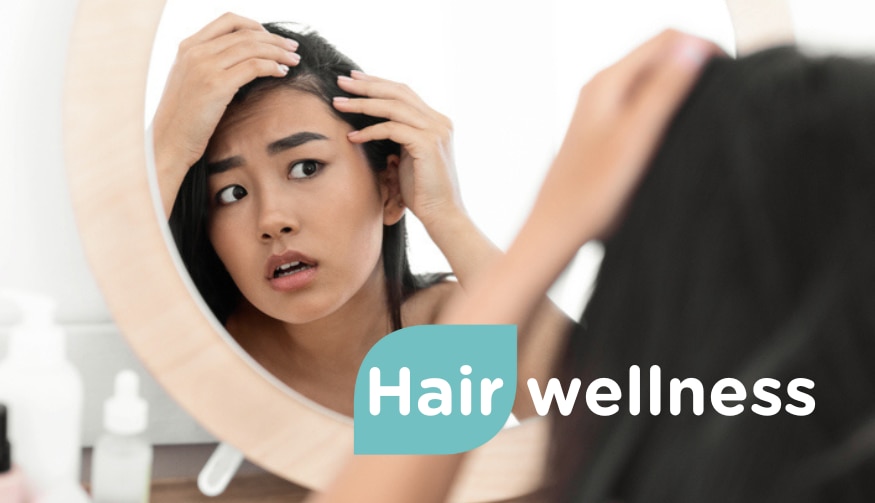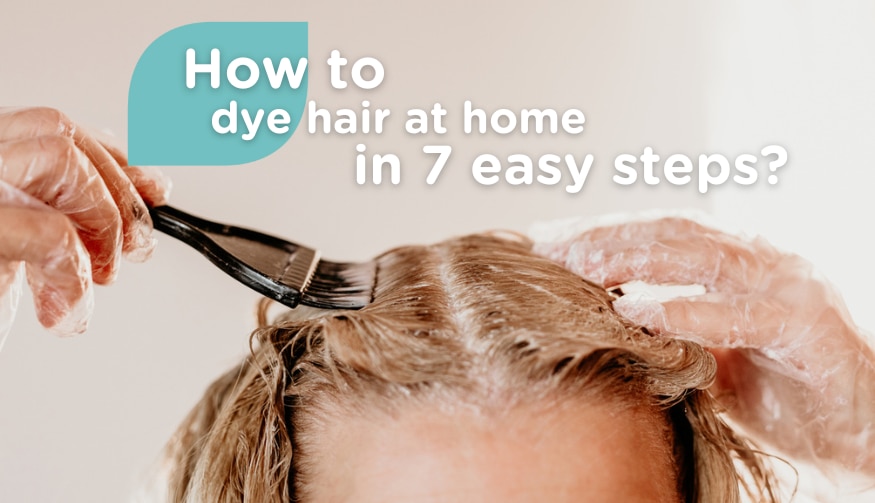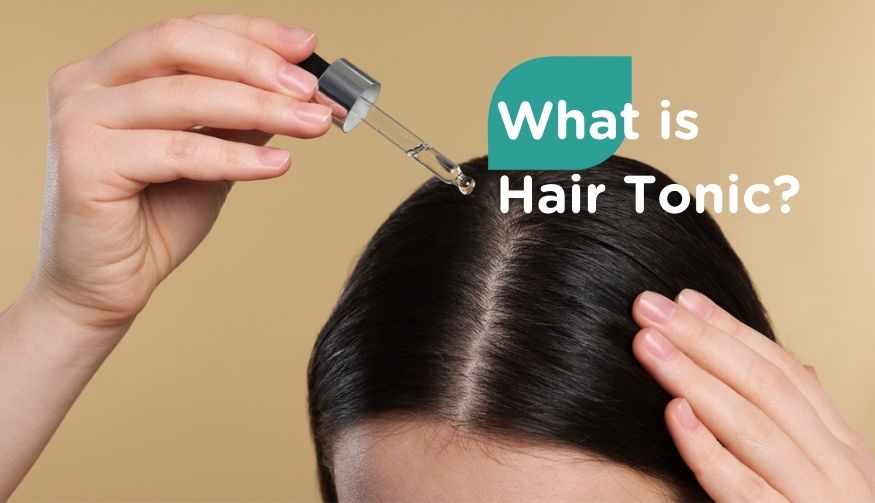We understand that you care about your hair a lot. You look at your hair strands every day and think about whether you’re having a good or a bad hair day or maybe wondering whether you should try a new style for your next salon visit. But you might be missing clues that your hair is revealing about your health. Did you know that changes in your hair’s look, texture, or thickness can be signs of underlying health conditions?

Though dermatologists still unable to explain why trauma and stress turn hair gray for some individuals, stress can really turn hair gray as oxidative stress may affect pigment producing cells. So, when you see a lot of gray hairs popping up, it is probably time for you to sit back and relax a bit.

Birth control pills, pregnancy, and menopause are some of the physical shifts within the body that can bring adverse effect on the hair, including dryness and brittleness. Brittle hair is also one of the symptoms of Cushing’s syndrome. If your brittle hair comes with symptoms like high blood pressure, fatigue, and back pain, then it’s probably time for you to visit your doctor.

People who have the thyroid disease hypothyroidism might experience increased hair shedding. When your thyroid isn’t working effectively, it can change the look of your hair and cause other symptoms, such as tiredness, cold intolerance, joint pain, muscle pain, a puffy face, and weight gain.
Also, if you are suddenly noticing a lot more hair in your hairbrush or on your shower floor, this could be a sign of that your body is low in iron or anaemia. People who are vegetarian or women who have heavy periods are more likely to have such hair changes due to low iron level in your body. If you’re suffering from hair shedding, iron supplements or a change in diet to include more iron-rich foods can help you keep your hair.











